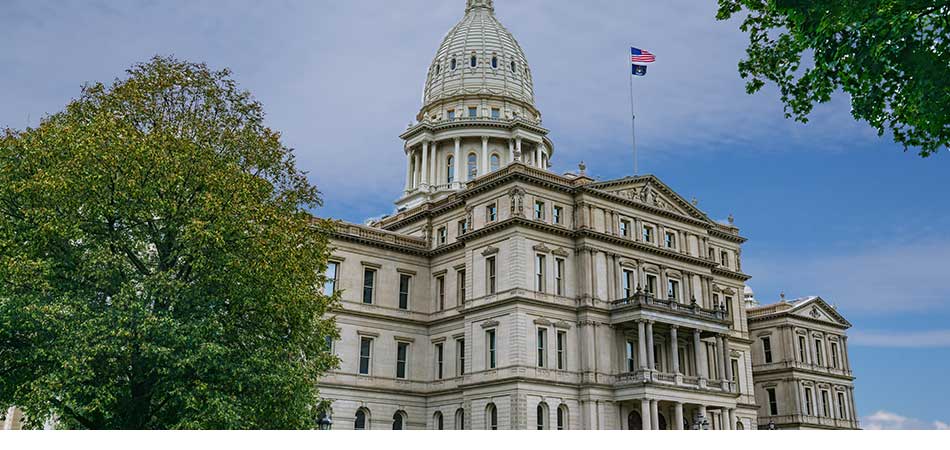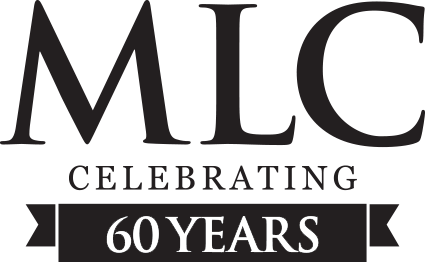This week, Governor Whitmer signed the state budget for the 2025-2026 Fiscal Year. Notable funding includes $29.8 billion to continue core Medicaid services, $1.8 billion to continue support for community and behavioral health programs, and $1.6 billion in revenue sharing for cities, villages, townships, and counties. Additionally, the budget includes nearly $2 billion in ongoing funding for state and local roads, which is less than the estimated $3.1 billion needed but a sizeable increase from current levels.
Highlights within the $81 billion omnibus budget include:
-
- $439.1 million for workforce development programs and grants.
- $428.2 million in continued support for family health services, including dental care, immunizations, pregnancy prevention, and prenatal outreach to ensure children and families have access to care.
- $417 million for water infrastructure initiatives.
- $322.4 million for airport safety and improvement projects.
- $236 million for Michigan Indigent Defense Commission grants.
- $77.6 million for the Renew Michigan program, supporting contaminated site remediation and cleanup, brownfield redevelopment, solid waste management, recycling, and sustainability projects.
- $59.4 million to support business attraction and community revitalization programs.
- $51.7 million for forensic science operations to support crime lab services.
- $31.8 million for Going Pro to help employers train and retain workers.
- $28.6 million for election administration and services, funding staff and systems that support Michigan’s statewide elections and voter access.
Highlights within the $24.1 billion education budget include:
-
- $1.8 billion for university operations.
- $657 million to expand free pre-K to every 4-year-old.
- $593.5 million to increase per-pupil funding by 4.6%.
- $375 million for community college operations.
- $321 million to support student mental health and school safety needs.
- $248.1 million to continue providing free school breakfast and lunch to all K-12 public school students.
- $203 million for an educator stipend program to recruit and retain teachers.
- $122 million for initiatives to support student literacy.
- $42 million for the Michigan Reconnect program, which provides a tuition-free pathway for those aged 25 and older to earn an associate degree or skilled trades certificate.








